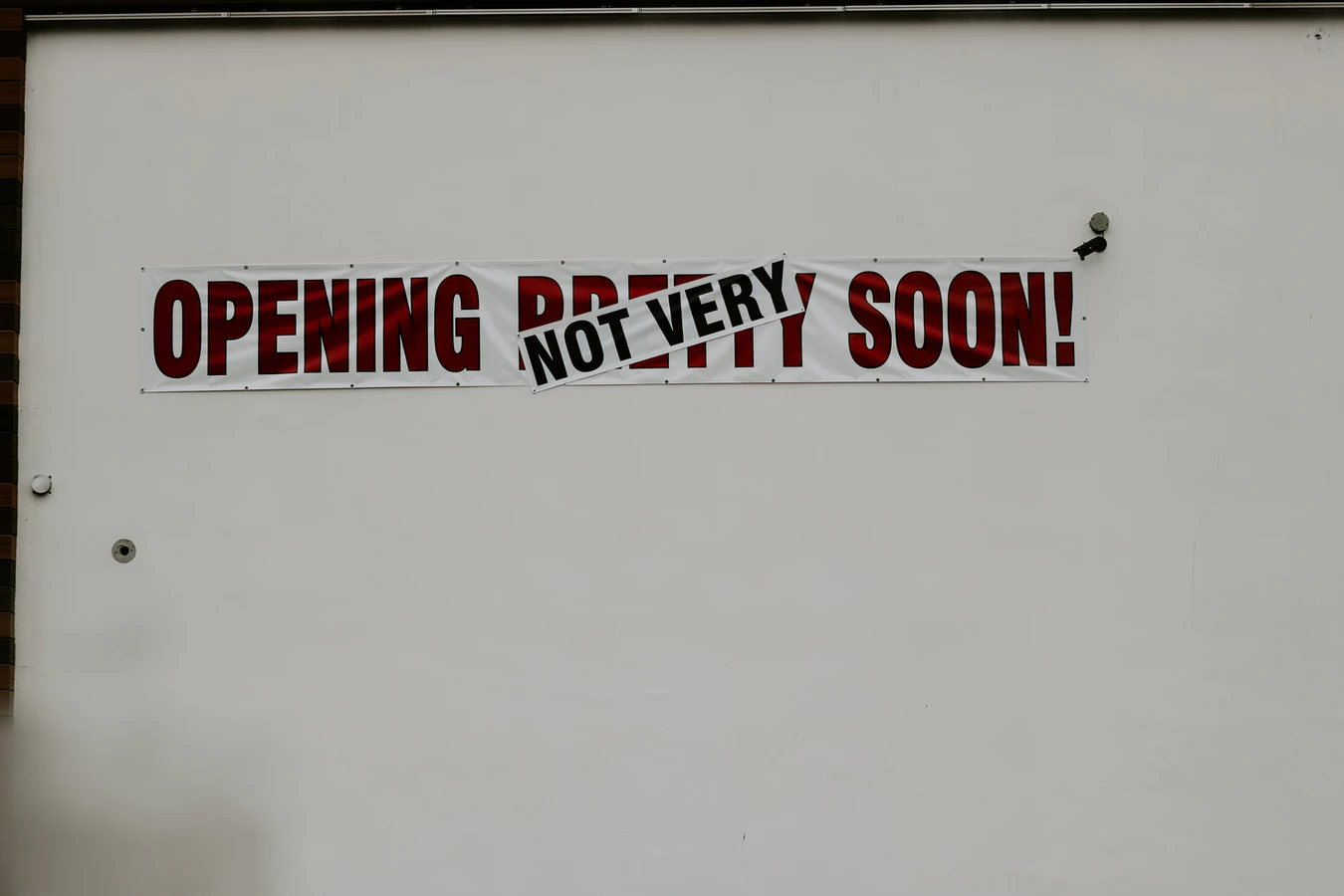Unions and ending the restrictions on work.
Discussions about 're-opening the economy' are just beginning. Capital's demands are not about worker protections and pay, their goal is a return to profitability. Labour unions must avoid full alignment with capital on their demands to ensure workers' interests are prioritized. There are many questions we need answered to start to support any process that ramps-up production.

I do not have the information necessary to judge how fast or when isolation can be eased. I not think anyone does except the public health professionals.
However, I do think that the "opening the economy" frame is a weird one for labour to take on. The "economy" is pretty open right now. There are plenty of people working, selling, buying, trading, etc.. Even people at home are purchasing things, producing things, and looking after each other – all of which take work and money – things that make up the "economy".
Instead, the real question for labour is more along the lines of:
- What protections and change in the workplace are necessary to avoid transmission of the disease at work and getting to and from work?
- Who is going to fund this changes?
- Who is going to regulate those protections?
- Who pays if there is failure?
We can slowly end isolation as conditions improve. But, we must keep in mind:
- Contact tracing – by professionals aided or not by mobile tracing technology – is not a cure-all. It doesn't stop people in frontline services coming into contact with sick people. It simply limits the movements of people who have been tested and confirmed sick – and those they may have infected. So, it relies on massive valid testing, low-levels of infection rates, and limiting general infection rates.
- We must work to counter any suggestions that contact tracing is a simple solution to opening without all the other measures protection being implemented. This is especially the case around the mobile "app based" contact tracing.
- Clearly defined sick days are needed for those who are in isolation from either being sick or coming into contact with someone who is sick. We must remember that "the virus" is attached to people and those people must be cared for and not be worse off if they are unable to work. This will be difficult for front-line workers, but extra difficult for those contract workers who are unable to apply and get contracts. Income replacement, work replacement, and protection of returning to your employment after enforced isolation is necessary, but not an easy problem to solve.
- The costs of all of these supports need to be borne more fairly than the current tax system can provide. Labour must be proposing large scale changes – many of which we have proposed for decades.
- Labour's job is to protect workers. The "economy" is not a thing by itself. What business means when they say "economy" is profit generation and they need us to work for them to get profits. This has been made very clear from the shutdown. The focus must be to protect workers, not profits.
- The left is going to have to start demanding that a safe economy is one with more care work, more investment in protections, and less precarious employment. This means increased public ownership, public employment, bolstering existing and new social safety net programs, and public regulations.
Respirators and other things for sick people are important, but are not the main issue for labour. Labour's focus is on protecting workers so they do not get sick in the first place. This means more cleaners, readily available personal protective equipment, care workers being protected with the correct equipment, masks in public spaces, and cleanliness levels high above current levels are necessary to end and/or avoid isolation and closures.
And, this is all necessary to not have another spike in infections.
We must also extend additional protections to workplaces that cram people together. That means unionization and protections and regulation for all who work in factories and food processing facilities.
The line is: protections for people before profit.
